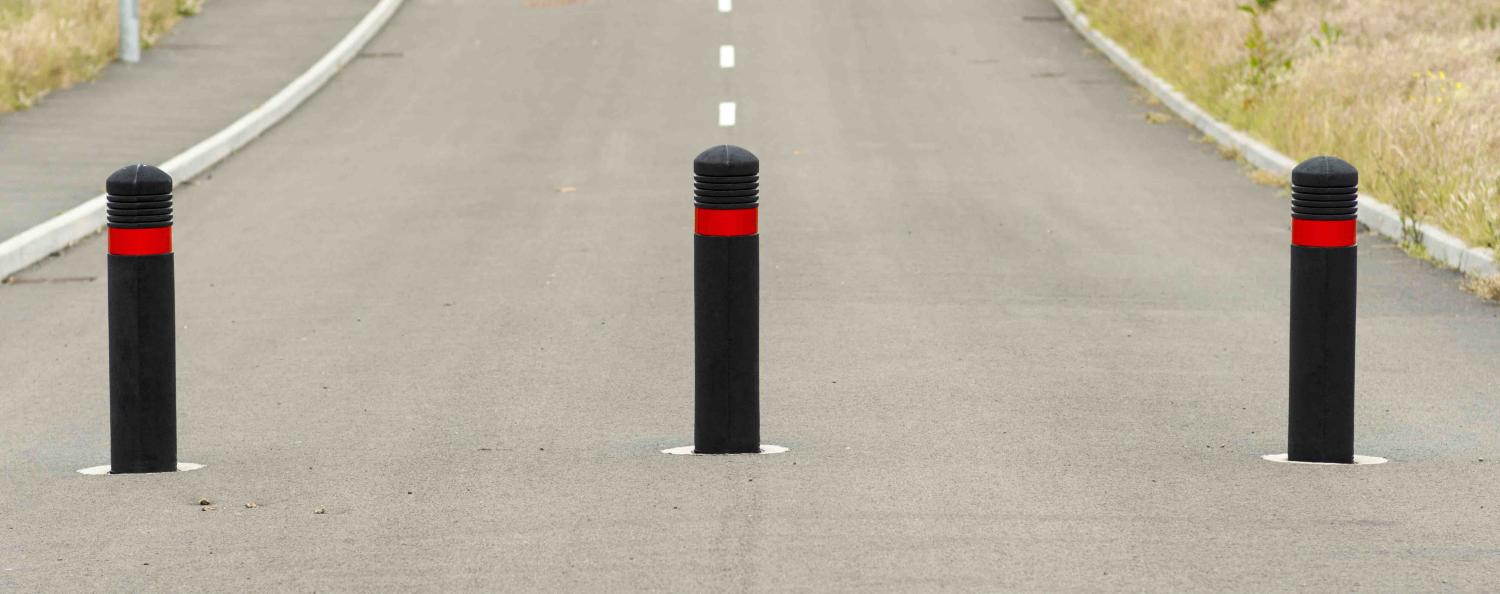How should countries respond to President Donald Trump’s tariffs on steel and aluminium? One response would be to retaliate. Another would be to emphasise the damage done to the global multilateral trade framework. Yet another would be to negotiate a side deal to avoid, and perhaps even benefit from, the distortion.
All three approaches have been evident since Trump’s announcement.
The European Union has taken the first course, with EU president Jean-Claude Juncker threatening to put tariffs on Harley-Davidson motorcycles and American bourbon imported into Europe. Of course, Trump fired back with a swift tweet threatening further measures (“we will simply apply a tax on their cars which freely pour into the US”). This tit for tat can escalate into a trade war, which Trump says is “easy to win”.
Germany, the UK, and Japan have taken the second course – reacting critically, but more in sorrow than in anger. They register disappointment but seek to calm matters, sometimes with an explicit renunciation of retaliation. The tariffs “raise deep concerns”, but “there is too much at stake”. A “proportional” response is needed. Playing for time by “seeking clarification” may allow the situation to calm.
China (the long-time target of Trump’s trade wrath) falls into this second group. Vice–foreign minister Zhang Yesui said that “China will not sit idly by”, but added explicitly that “China does not want a trade war with the US”.
Canada and Australia fall into the third group: critical of the tariffs’ multilateral harm, but mainly concerned about domestic damage and focused on obtaining a bilateral exemption. Canada has the most to lose, being the top exporter of both steel and aluminium to the US (the two economies are so closely integrated that America exports almost as much steel to Canada). Prime Minister of Canada Justin Trudeau said the tariffs “are absolutely unacceptable” and “make no sense”. As a close neighbour and security partner of the US, Canada is seeking an exemption.
It’s said that all politics is local. Sticking to the second script is hard for politicians when there’s pressure to protect local industry by doing a special deal which would bring personal kudos and perhaps large advantages to the domestic industry. Australian Minister for Trade Steve Ciobo’s mention of multilateral trade was lost among the special pleadings for exception (here and here), based on earlier promises made by Trump. But it looks as though exemptions will be scarce.
To be torn between principle and practice is a familiar dilemma for Australia. In principle we are in favour of multilateral free trade, but in practice we eagerly pursue so-called Free Trade Agreements (FTAs), with their preferential arrangements.
Harvard economist Dani Rodrik’s recent paper, “What Do Trade Agreements Really Do?”, sets out what is wrong with FTAs. Why, then, do we put so much effort into these agreements? The answer is simple: when others are distorting the multilateral system with FTAs, a country can minimise the distortion (and perhaps even benefit) by climbing aboard the distorting FTA bandwagon.
Australia might have chosen a different balance of principle and practice here, making a strong public pro-multilaterist argument against the Trump tariffs while keeping our self-interested lobbying on a private track. That would avoid any suggestion of unseemly kowtowing to seek special favours. It would also minimise the political damage if the approach fails to obtain an exemption.

